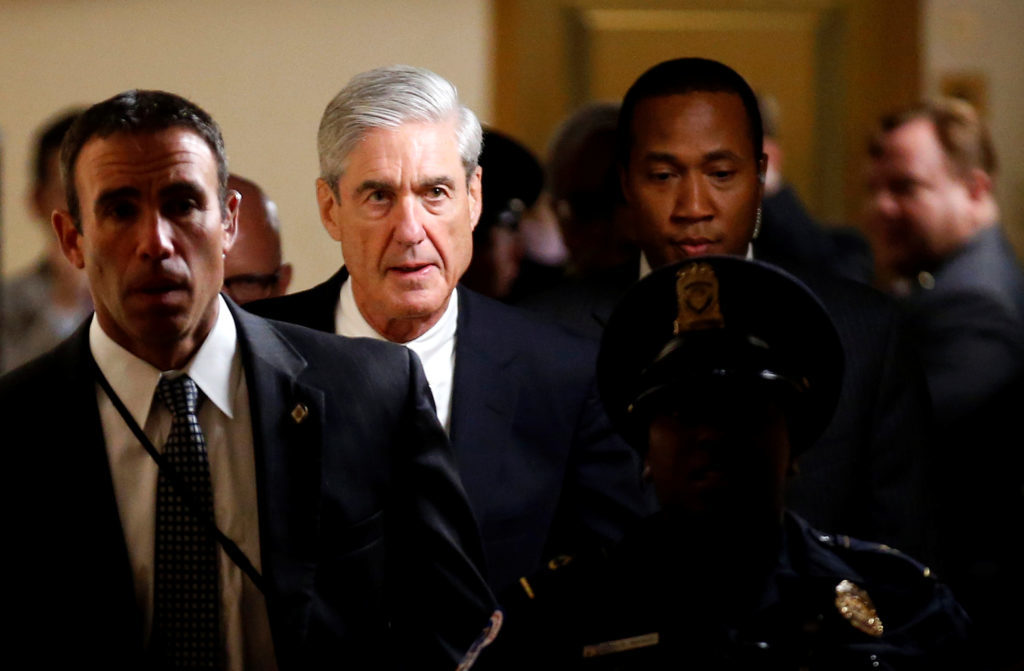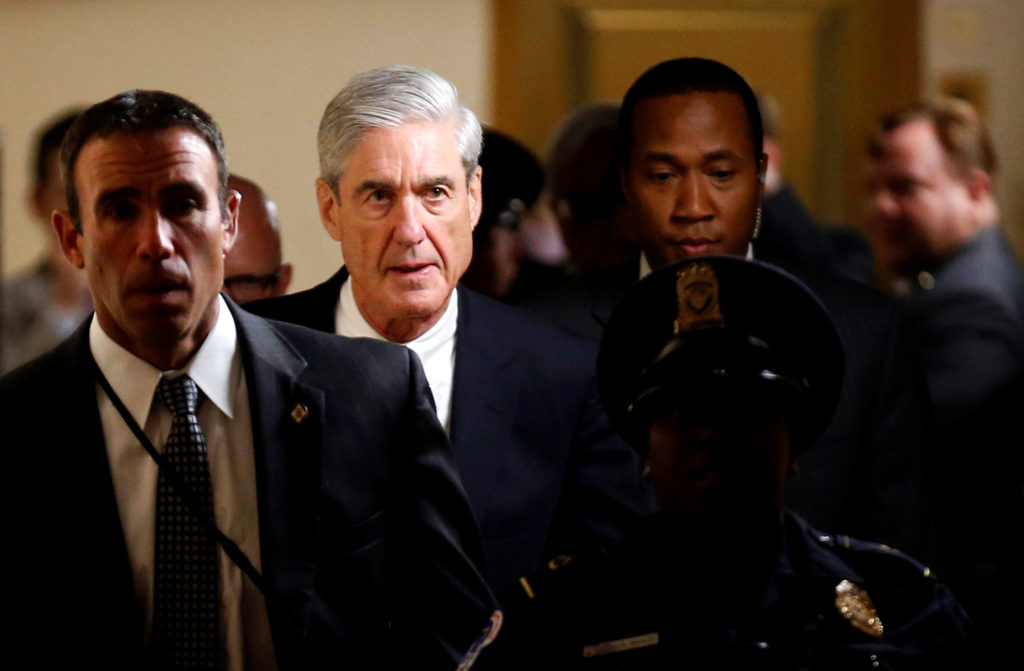In light of the “principal conclusions” of Special Counsel Robert Mueller’s investigation made known by U.S. Attorney General William Barr, Pulitzer Prize-winning historian Jon Meacham’s essay (Mueller Offers a Lesson in the Power of Reason) in TIME magazine (Apr. 8), offers insight and guidance to both supporters and opponents of Trump.

Meacham points to 20th century American journalist Walter Lippmann’s critical work, Public Opinion, a book I’ve returned to many times due to its timeliness.
In summarizing the current political climate, Meacham quotes Lippmann: “We do not first see, and then define. We define first and then see.”
We are currently living through an information glut. Too much, too fast, too much that is false, and too much opinion with little or no basis in fact.
Cable news also suffers from too much Breaking News and too little in-depth news reporting. Why? Just like the “super-size” explosion in fast food, with the pervasiveness of electronic media, many of us now want “down-sized” information: just the bullet points, or a melodramatic 280-character tweet will do. Worse still, much of the news has been aggregated to the point that many only get the news they want, not necessarily the news that’s important for us, as citizens, to learn and think about.
And commentary, whether it’s about healthcare, immigration, global warming, vaccinations, etc., has so thoroughly inculcated cable news that political kinship has replaced reason.
One reason I still read a physical newspaper is because sometimes, I will see a story that I would not naturally be drawn to, but because it happens to fall alongside another story that I’m reading, or appears on the opposite page, it has caught my attention. Many times, I’ll be drawn to smaller stories buried inside the paper that cause me to think more about my own opinions.
“…we tend to assess events not in the light of reason,” Meacham says, “but with the flames of partisan passion. What we make of a given moment is governed less by merits and details and more by the mores and demands of our particular political tribe.
“Reason,” Meacham adds, “compels opponents of Donald Trump who so hoped the investigation would bring him down to accept the report’s apparent conclusions. Reason to should lead Trump supporters who have long denounced Robert Mueller to acknowledge that the probe they believed a with hunt was in fact a legitimate inquiry.”
Meacham points to 20th century British historian Sir Michael Howard who writes, “Reason is not a Thing, or a Person, much less a God. It is an activity, and a highly individual one. It is people thinking and judging: more, it is individual persons thinking and judging. Neither is History a Thing: it is what people think, write and believe about the past. A knowledge of the past,” Howard stresses, “is essential in making political or moral judgments, but ‘History’ as such does not judge. That is done by people; and best done by people free to think, read, inform themselves and debate before they decide; and having decided, be free to change their minds.”
Unfortunately, in today’s Instagram this, and Facebook that, many are disinclined to think especially on issues that affect us all.
As Pew Research reported in September 2018, “Most Americans continue to get news on social media, even though many have concerns about its accuracy.”
However, Pew notes that while 57 percent say information obtained on social media is “largely inaccurate,” a not insignificant 42 percent consider it “largely accurate.”
“Convenience” is the reason most given as the major benefit to social media. However, that convenience comes at a price: thinking.
Too many have turned their thinking over to political pundits like Sean Hannity or Rachel Maddow on significant matters. And while their opinions can be helpful, we really need, for the most part, to be doing our own thinking, absent the political spin that comes with so much information these days.
“Every man,” Lippmann writes as Meacham highlights, “whose business it is to think, knows that he must for part of the day create about himself a pool of silence.”
Instead of defaulting to cable news pundits, or social media du jour, all of us should practice thinking.
Lippmann’s foreshadowing of our current cultural conditioning is staggeringly accurate as seen in the rest of the quote that Meacham began with:
“For the most part we do not first see, and then define, we define first and then see. In the great blooming, buzzing confusion of the outer world we pick out what our culture has already defined for us, and we tend to perceive that which we have picked out in the form stereotyped for us by our culture.”
Passion is a good thing. But when passion becomes so entrenched, so intractable that it forbids all other opinion for reasoned debate, democracy doesn’t work.
Reasoning calls upon all of us to listen, to read, to think, weigh and decide within the silence of our own minds. As responsible citizens, we should do no less.
Comments











